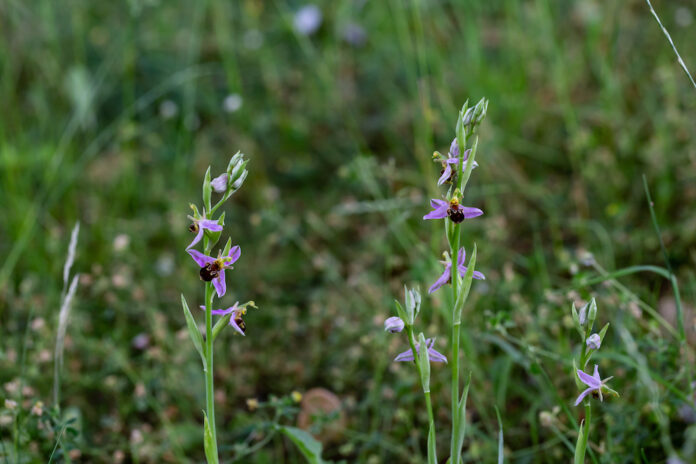
Can a Net Zero ever be a market leader?
UK-based global Internet of Things (IoT) specialist Peak Technologies has launched a four pronged assault on the European market, acquiring two carbon reduction awards and buying the technology expertise of Ireland’s VisionID and the Netherlands’ Dalosy.
Tipperary-based Irish systems integrator VisionID specialises in creating systems that gather intelligence from a variety of sources, such as objects, images, sounds or citizens, without human intervention. Its Automatic Identification and Data Capture (AIDC) portfolio is a broad church of technologies ranging from specialised hardware to labels, software to services. It services industrial scale customers in health, food, drinks and manufacturing.
Belgium-based Dalosy, on the other hand, provides the AIDC hardware, labels, software and services. Its primary targets are the transport, logistics and grocery markets. Peak Technologies said it works with some of the largest retailers in the world and the addition of VisionID and Dalosy gives it a foothold in the Irish, Dutch and Belgian IoT markets, the ability to operate outside of the EU and a presence in 16 EU countries.
“With the significant acquisitions of VisionID and Dalosy we are in a very strong position to support our growing customer and increase our foothold in Europe,” says René Schrama, Peak Technologies’ MD. However, Peak has tried to temper its physical expansion by minimising its carbon footprint, according to Schrama. It announced it has won the THG Eco 1-Star Company Carbon Neutral Certification award from MyCarbon for offsetting 155 tonnes of CO2 generated in the UK in 2021. It was also recognised with a bronze medal from EcoVadis, the world’s only universal sustainability ratings provider.
“In every aspect of its business Peak Technologies puts sustainability first. We move with economy, we use renewable energy and our servers are thrifty,” said Schrama. As a symbolic gesture of its commitment to sustainability and lifestyle causes, the company has unveiled a wild garden section its Chippenham HQ, where it is now cultivating a protected species, the rare bee orchid (pictured), Ophrys apifera.


